West partly to blame for Islamic State: top Muslim cleric
World order wants chaos, it seems it has the intention of fragmenting our region and IS is a very effective instrument
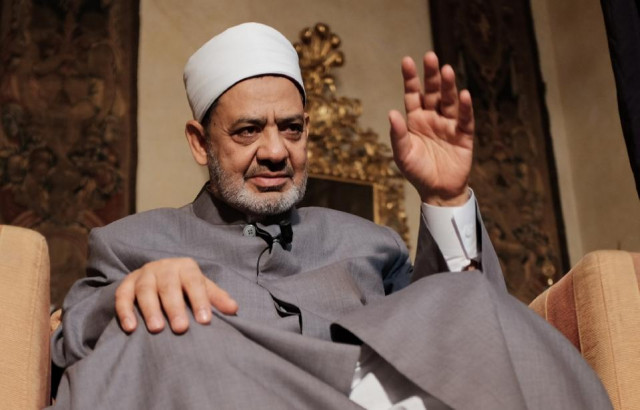
Egyptian grand Imam of al-Azhar, Sheikh Ahmed el-Tayeb gives an interview to Agence France Presse on June 9, 2015 in Florence. PHOTO: AFP
Speaking on the sidelines of a seminar in Florence, Ahmed al-Tayeb, the grand imam of Al-Azhar in Cairo, strongly criticised Western powers and particularly the United States.
Describing himself as "an ordinary citizen" as the Sunni Muslim seat of learning has no political role, the imam said: "The emergence of Daesh (an Arabic term for IS) in such a spontaneous manner leads us to ask what are the deep causes.
"And the man in the Arab street thinks that the West has something to do with it. The arms Daesh has are American, they are not made in the Arab world.
"IS developed so quickly and that required enormous amounts of capital. Where did these enormous sums of money come from. The man in the street says the West is not serious about taking on Daesh."
In support of this theory, Tayeb cited three parachute drops of arms which ended up in the arms of IS fighters.
"They said it was a mistake," he said, while sidestepping a question about the role of some Arab states, notably in the Gulf, in the development and financing of IS.
"If the world order, otherwise said America and the world, had wanted Arab cooperation in dismantling IS and its sisters and daughters, they could have done it in a single day.
Read:Terrorism: ‘Militants have nothing to do with Islam’
"The world order wants chaos, it seems it has the intention of fragmenting our region and IS is a very effective instrument. The IS performs a function for the great powers who do not want to see this region develop alongside Israel.
The imam said he would be happy to meet the pope but played down the importance of such an encounter. "If everything was in the hands of the pope or other religious leaders the thing could be resolved very quickly.
But the question is not about the pope or Al-Azhar, it depends on the political regimes which plan military, economic and financial policy.
It is the powers that have military bases and fleets in Arab waters."
Asked about death sentences issued to members of the Muslim Brothers in Egypt, Tayeb declined to offer any criticism of the military-backed government.
"I see that Egypt has overcome the problem. It is a stable country with a fundamental law under which a president was elected, and that was a democratic choice, completely democratic.
"Egypt is convalescing but we are are seeing an influx of investors who are returning," he said.
Asked about the Syrian and Iraqi Christians forced to flee their homes at the hands of IS, the imam replied: "IS has killed more Muslims than Christians.
"If you look at the percentages of victims, you will see that IS is an enemy of the Arab and Muslim world, and is perhaps working in secret coordination to fragment the Arab world."

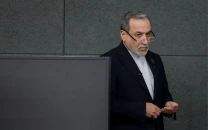
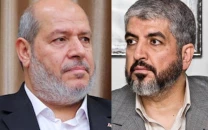


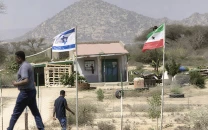
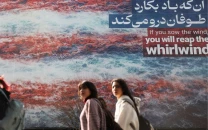












COMMENTS
Comments are moderated and generally will be posted if they are on-topic and not abusive.
For more information, please see our Comments FAQ